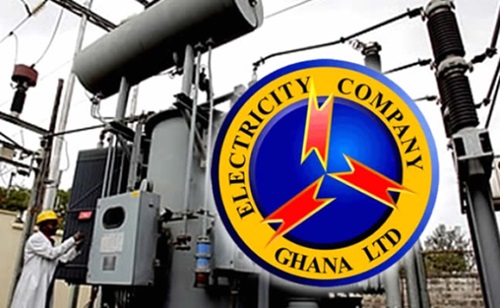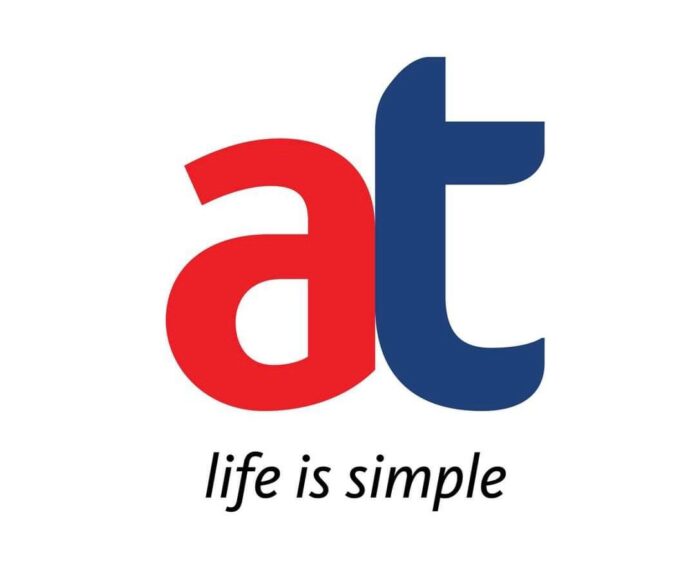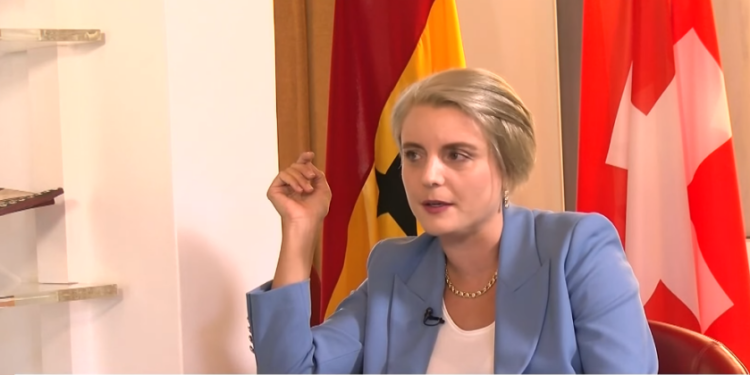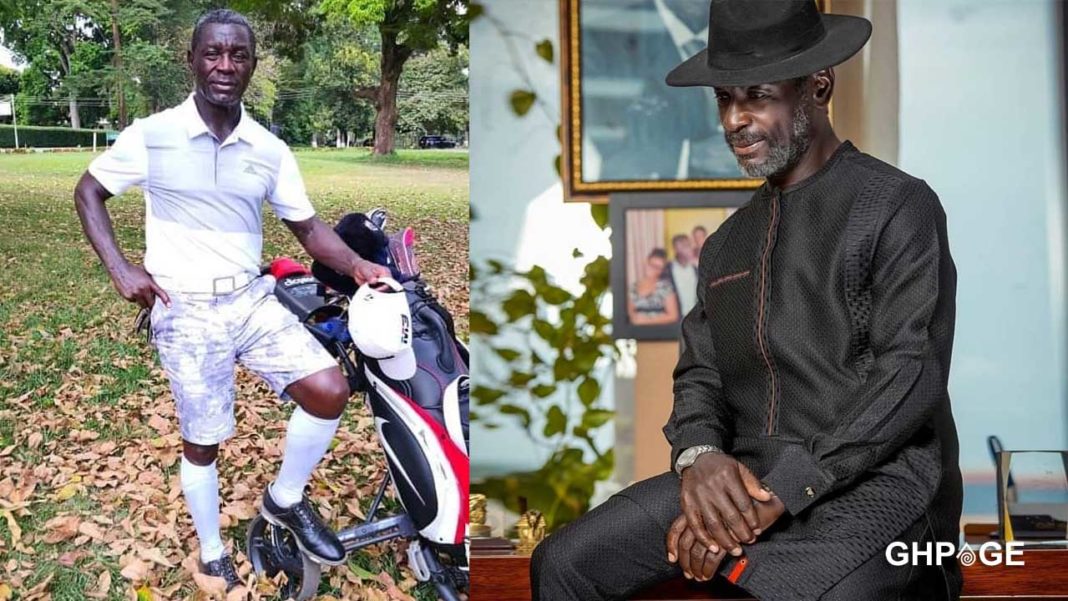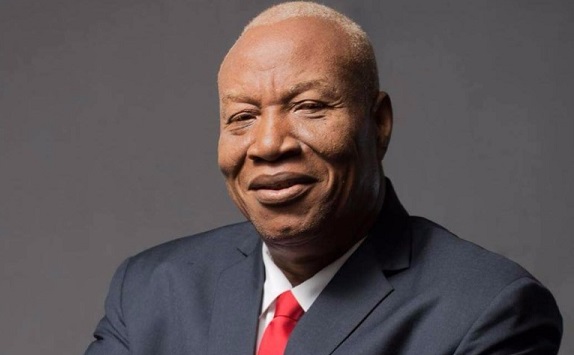IMF warns Ghana: Economic progress under ECF programme fragile
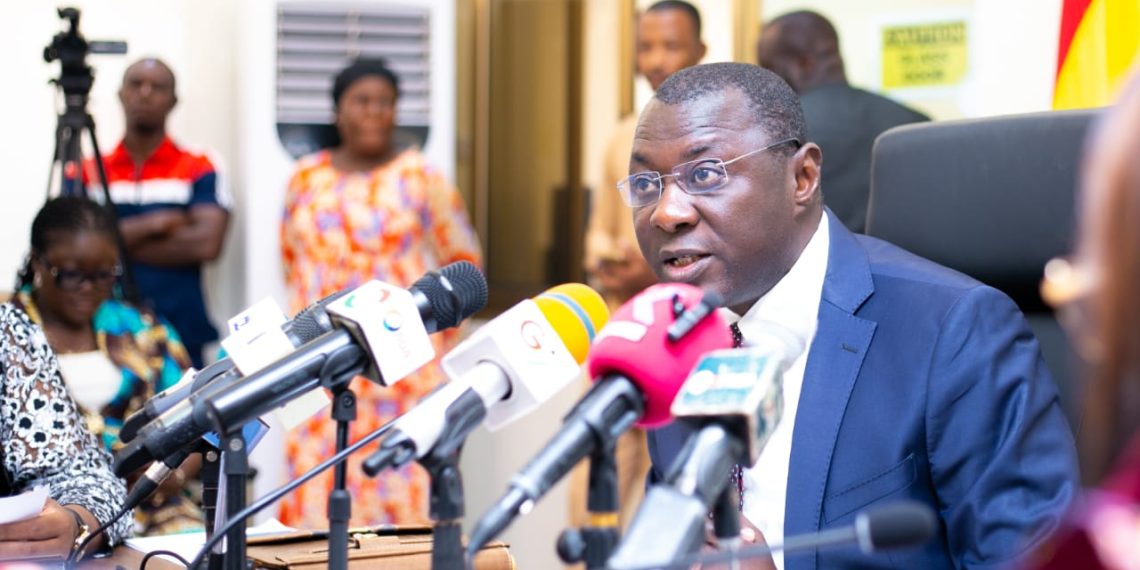
The International Monetary Fund (IMF) has cautioned Ghana that the economic gains achieved so far under the Extended Credit Facility (ECF) programme remain fragile and require sustained efforts to consolidate.
This warning comes as the country continues to implement critical reforms aimed at restoring macroeconomic stability and addressing fiscal challenges.
According to the IMF, while some progress has been made in stabilizing Ghana’s economy, the gains are vulnerable to external shocks, delays in policy implementation and lingering structural weaknesses.
The Fund in its report on Ghana pointed out that maintaining fiscal discipline, improving revenue mobilization and ensuring timely execution of reforms will be crucial to solidifying the recovery process.
“While encouraging continued financial system recapitalization and tackling financial sector legacy issues remain important, further reducing inflation and rebuilding international reserves hinge on maintaining a prudently tight monetary policy stance and improving foreign exchange market operations.
“Finally, additional efforts to protect the vulnerable from the impact of adjustment and reforms are warranted to foster an inclusive recovery”,
The IMF further noted that delays in securing key funding, particularly from donor programmes like the World Bank, could undermine the country’s efforts to stabilize its fiscal landscape.
Ghana’s economic reform programme, backed by the ECF, hinges on timely disbursement of funds and strict adherence to policy measures to address mounting debt vulnerabilities and improve economic resilience.
The IMF urged the government to remain focused on its reform agenda, stressing that any deviations could reverse the progress achieved. It called for strong collaboration between policymakers, Parliament and stakeholders to ensure the programme’s success, paving the way for sustainable growth and long-term economic stability.
“There have also been delays in the reforms needed to unlock access to budget and other types of support from key development partners, in part due to parliamentary gridlock. The political debate has been dominated by the December 7, 2024, general elections.
“Policy statements from leading presidential contenders highlight tackling debt risks, increasing employment, and addressing high costs of living as the main priorities, consistent with the objectives of the current ECF-supported programme”.
